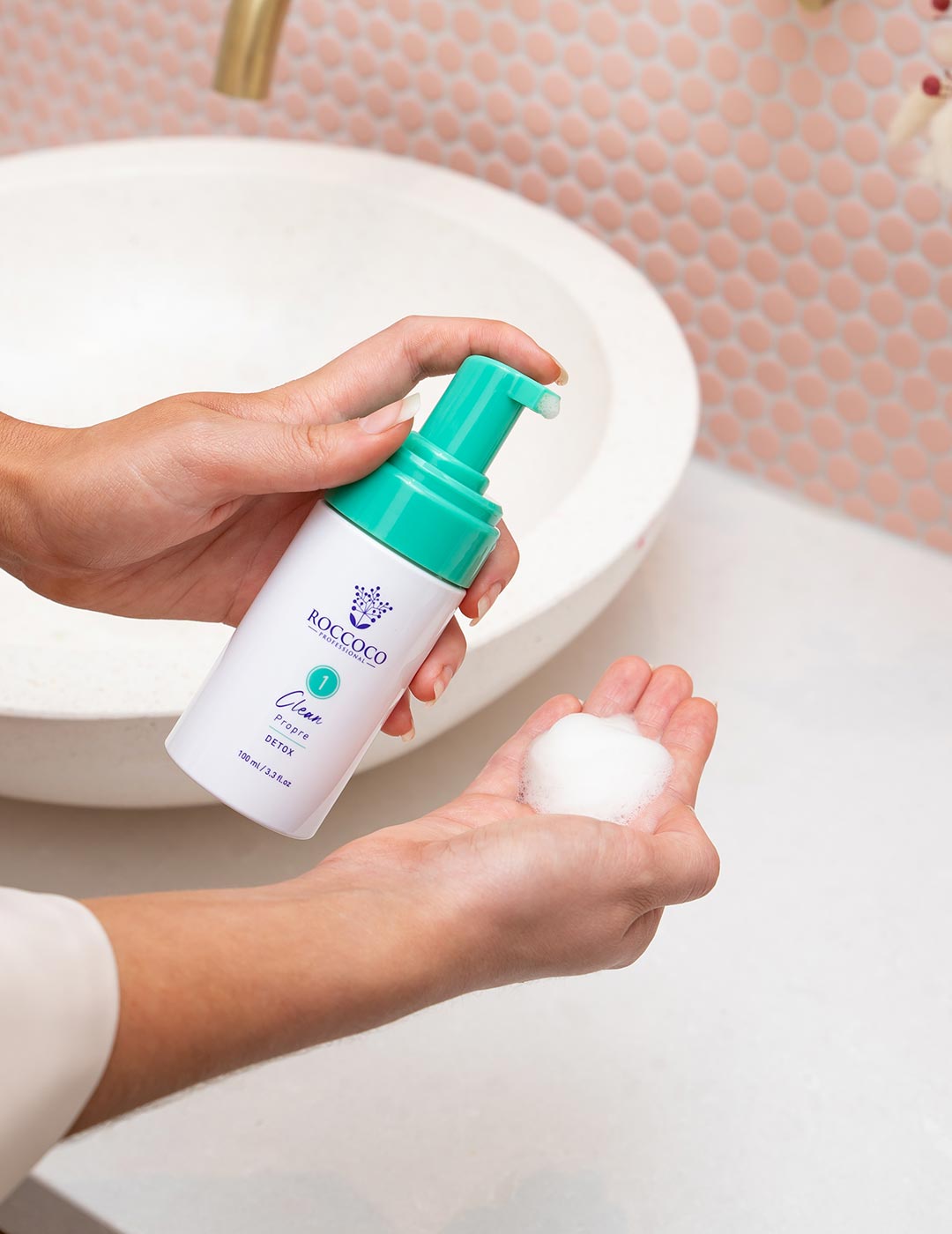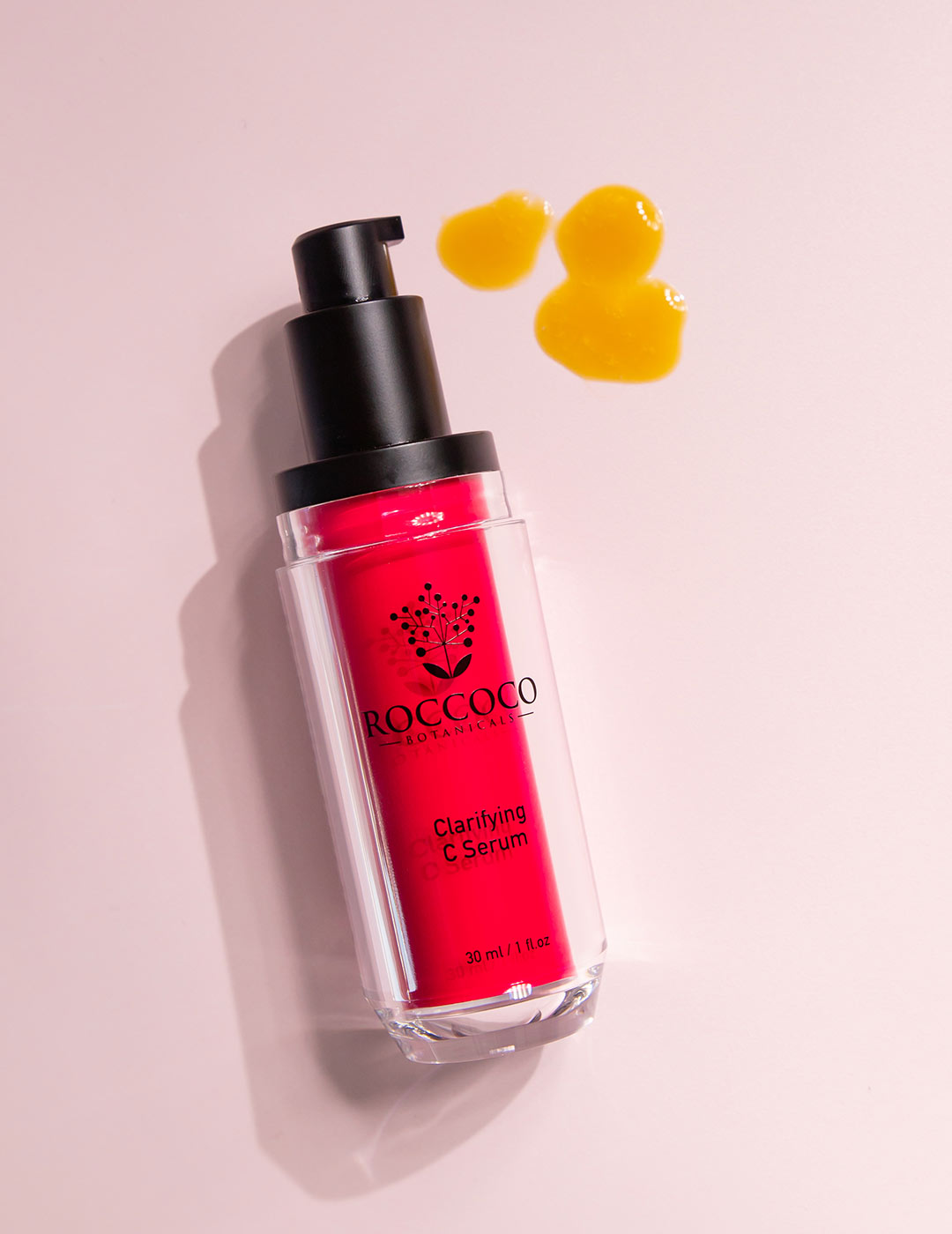Whilst Sulphur is known for its antimicrobial properties and has been used since Ancient Egyptian times as a treatment for acne, we still need to proceed with some degree of caution. The same beneficial properties that sulphur possesses, may dry out the skin excessively and lead to irritation.
‘How does this happen?’ you may ask.
Sulphur products are readily available as over the counter (OTC) products or as a prescription medication. As the healing properties of Sulphur are well recognised, Sulphur may be present in a number of your skincare products and this is where the danger lies. Using too many products that contain sulphur results in your skin becoming too dry. As you continue using these products, the skin barrier is stressed further and becomes irritated. This is yet another reason to become a label reader. Does your cleanser, essence or toner, moisturiser and mask contain sulphur? (Depending on the country you live in, it may be spelt sulfur.) If you answered, ‘Yes,’ and are using more than one of these products daily, then this may be a problem.
Other considerations
What are the other products that you use on your skin? Are you using any of the following?
- Topical medications.
- Medicated cosmetics.
- Abrasive cleansers, soaps or facial tools.
As a teenager, I remember using a Buf-Puf. The issue with this was that my skin was being over exfoliated as I was also using an apricot scrub and a sulfur mask. I literally scrubbed my skin away and damaged my skin barrier. - Products containing alcohol.
- Products that dry the skin.
- Other acne products with ingredients that peel or exfoliate the skin.
Usage of the above in conjunction with sulphur products may be detrimental to the skin and even exacerbate your acne.
So how should you use sulphur products?
Sulphur has been deemed as possibly safe for adults in concentrations up to 10% and time periods up to 8 weeks. The concentration is reduced to 6% for pregnant and breastfeeding mothers, children and adolescents. The exposure time is also reduced to 6 days/nights.
It is worth noting, that Sulfa and Sulphur are different and an allergy to sulfa medications does not mean an allergy to sulphur.
Sulphur is very effective in treating blackheads and whiteheads (open and closed comedones). It is not as effective in treating other forms of acne where papules, pustules, cysts or nodules are present.
Why is Roccoco’s Sulfur Mask Different?
The sulphur in Roccoco’s Sulfur Mask is derived from a plant-based source, Kale. It has a high ORAC Assay, meaning it is rich in antioxidants. Roccoco’s Sulfur Mask helps your skin retain moisture; this is referred to as preventing trans epidermal water loss (TEWL). It minimises moisture being lost from the skin by up to 21% within three weeks. Due to the synergy created with the other ingredients of Roccoco’s Sulfur Mask, it is able to treat all forms of acne!
Your Roccoco Esthetican will be able to tailor your treatment to address your personal skin care needs. As a general guide we recommend using Rococo’s Sulfur Mask 1-2 times per week.
Read more

There is a lot of confusion surrounding the meanings of comedgenicity and acnegenicity. Many get these terms confused or think they are the same.

Teenage acne is different to adult acne. During adolescence there is a surge in growth hormone, which causes the oil glands to become over active and pump out more sebum.



